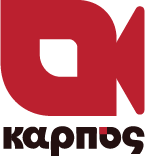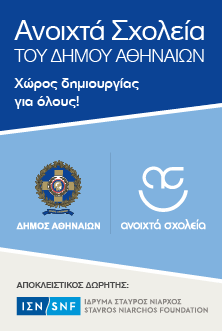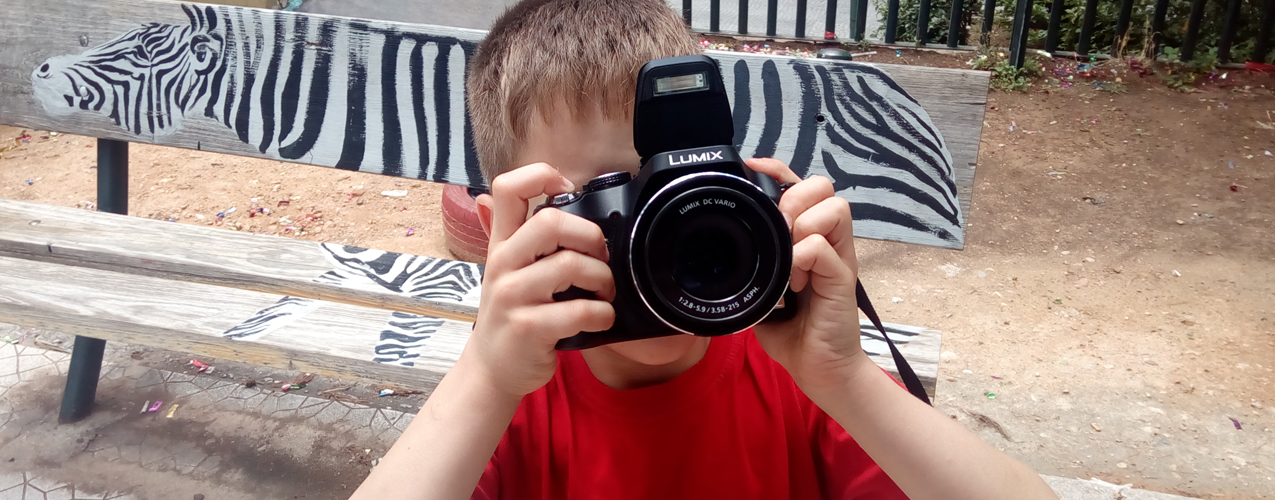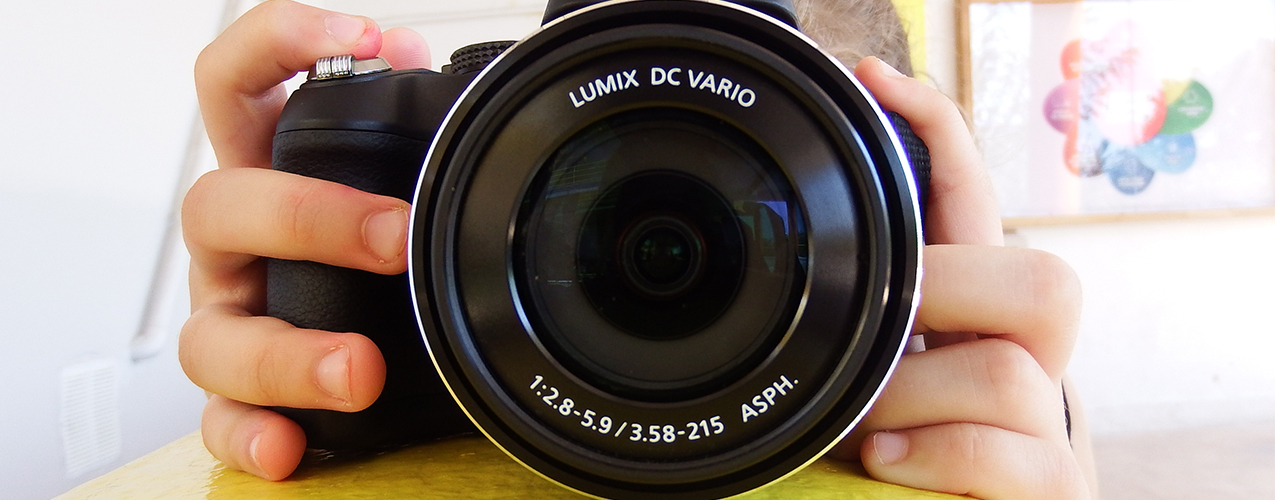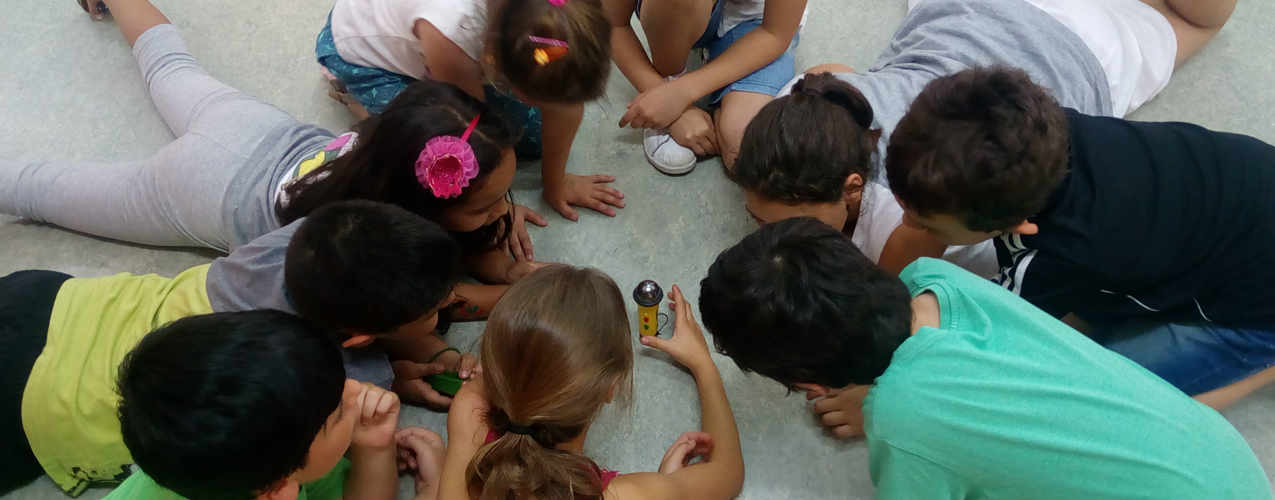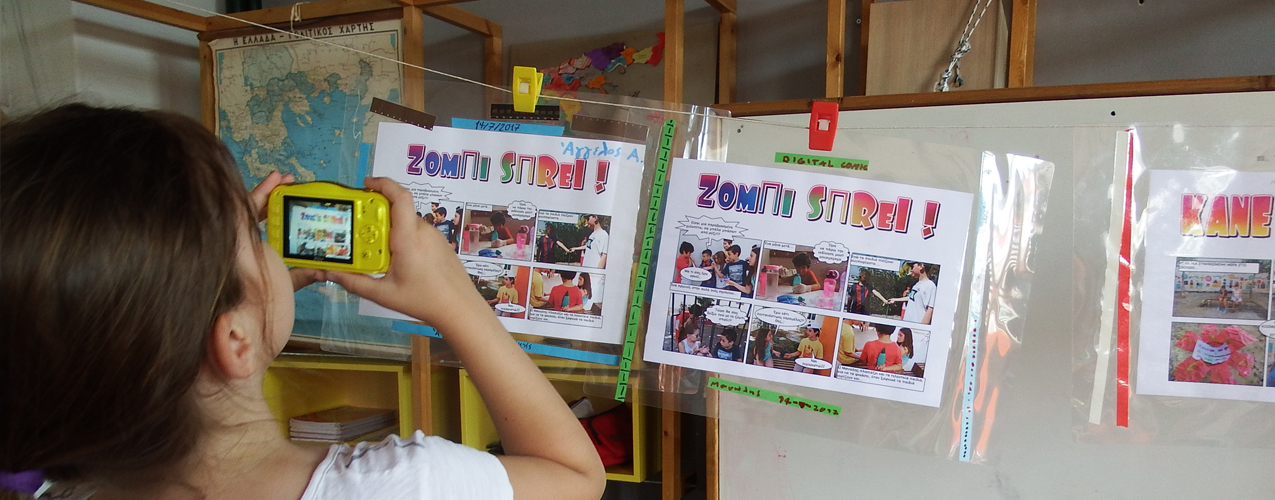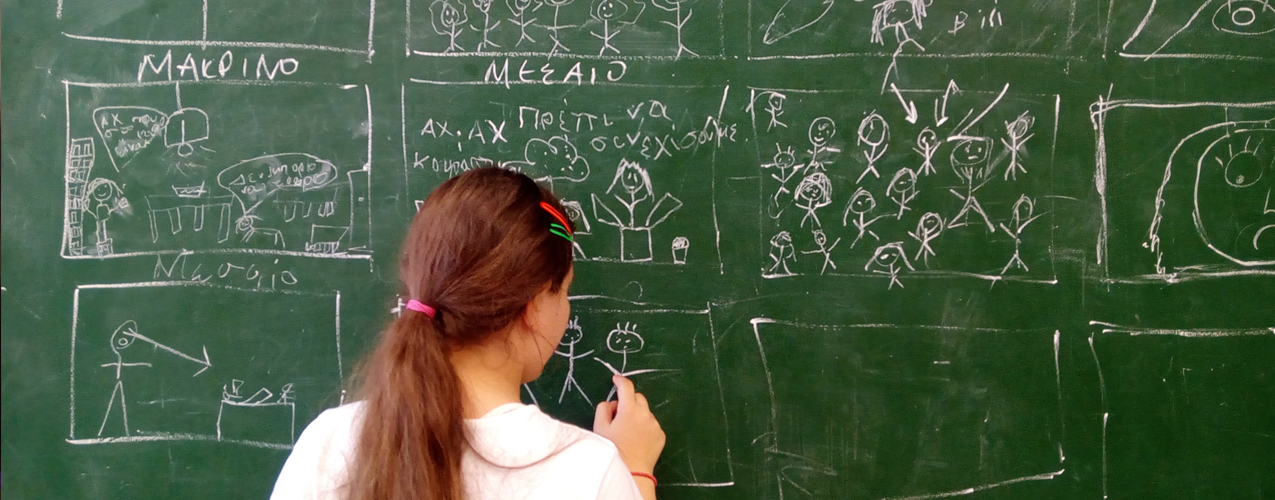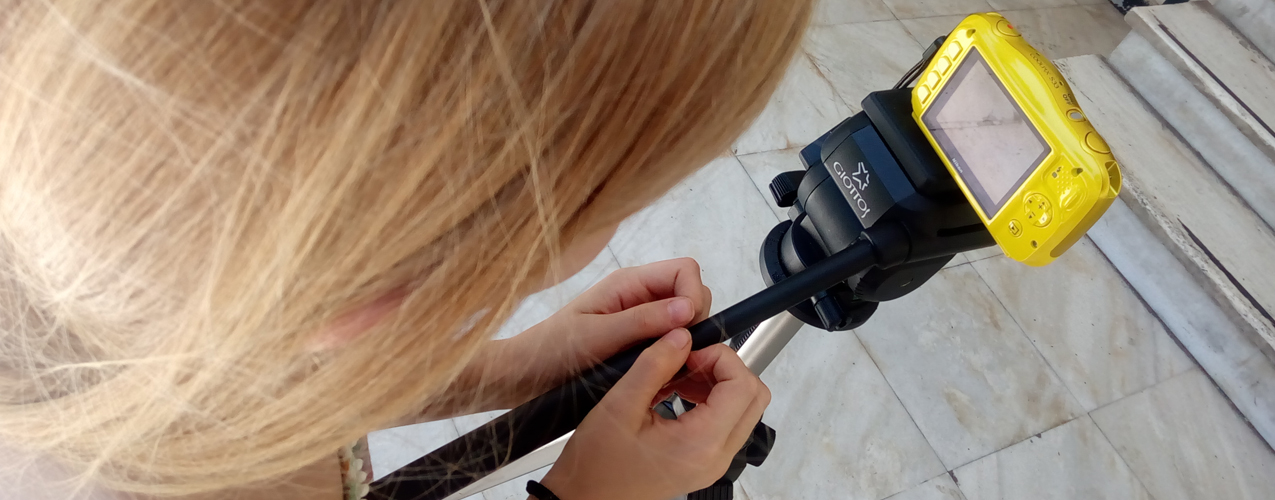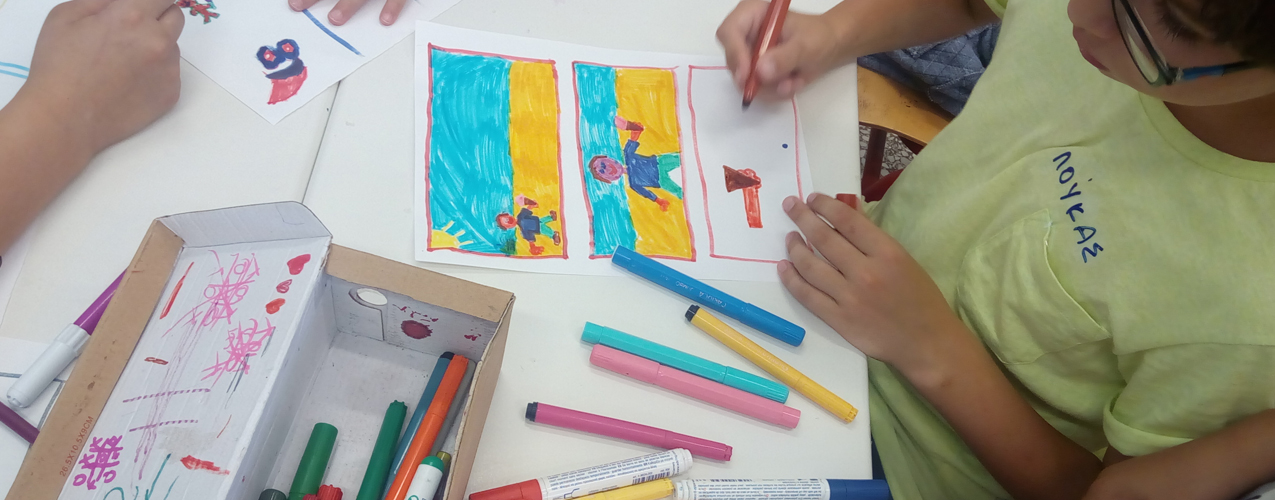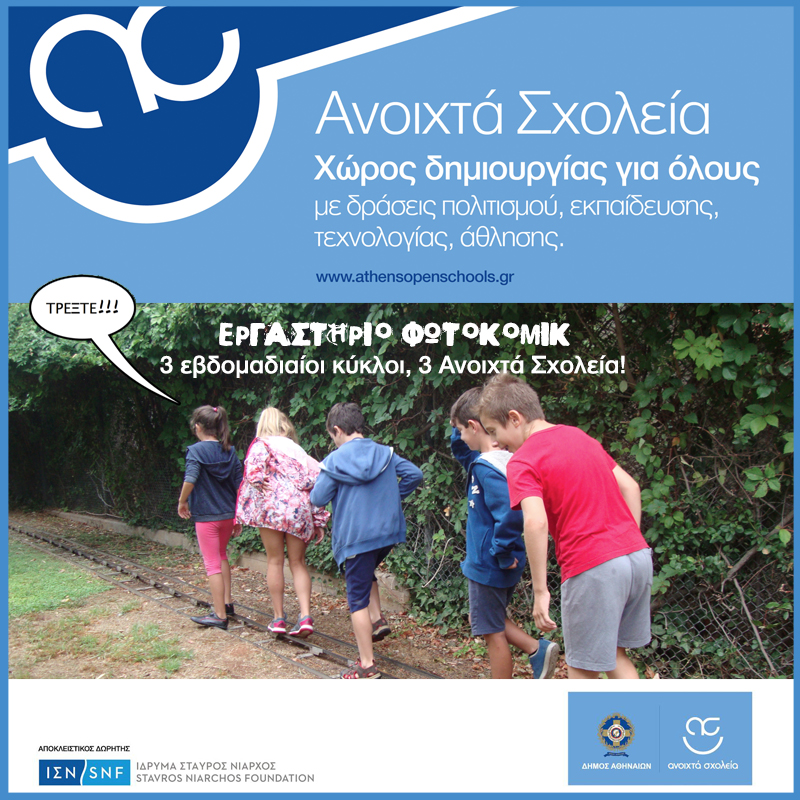
PHOTOCOMIC DIGITAL STORYTELLING
OPEN SCHOOLS
Summercamps for primary school's students
93 Athens Primary School: 19-23 June 2017 (map)
57/61 Athens Primary School: 10-14 July 2017 (map)
26 Athens Primary School: 17-21 July 2017 (map)
Time: 9.00-15.00
Cost:Free action
The Open Schools program is an initiative by the City of Athens, which is implemented thanks to the exclusive donation of the Stavros Niarchos Foundation.
Schools open to the neighbourhood and society at large
The City of Athens continues the Open Schools initiative by running activities within the school premises, throughout the week - after-school hours and during weekends, for all Athenians. School buildings become centres of action for the community and invite students, teachers, parents and residents to participate in educational, cultural, sports and entertainment activities. The Open Schools program is an initiative by the City of Athens, which is implemented thanks to the exclusive donation of the Stavros Niarchos Foundation. It was piloted in 2015 and was quickly embraced by the local communities. To date, the program has received more than 250 activity proposals. The list of offered activities is enriched fortnightly.
What does Open Schools mean
School premises remain open, with security, from the final ring of the school bell until 9.30pm during weekdays and from 10am-8pm during weekends. The program has ensured security and cleaning services, as it aims to remain independent from the morning function of the school. The Open Schools program was piloted in 2015. This year, thanks to the exclusive donation of Stavros Niarchos Foundation, 25 schools in various neighbourhoods within the City of Athens remain open Monday to Friday and on weekends. The ultimate aim is that school buildings become meeting points for everyone: students, parents and residents of the neighbourhood and the wider community.
Aims of the program• To provide a comfortable, pleasant and well-designed communal space which students and adults can use to meet, study or work.
• The possibility for adults to have the opportunity to meet, organise and take part in activities [eg language learning, seminars, meetings] and with the children [eg festivals, workshops].
• To enrich of the list of educational and recreational activities offered for children in the familiar environment of a school building.
• The function of school rooms and courtyards as places for children to meet, carry out activities or simply have a safe, familiar place to hangout.
• Capacity building in neighbourhoods and promotion of cooperation for personal and collective benefit.
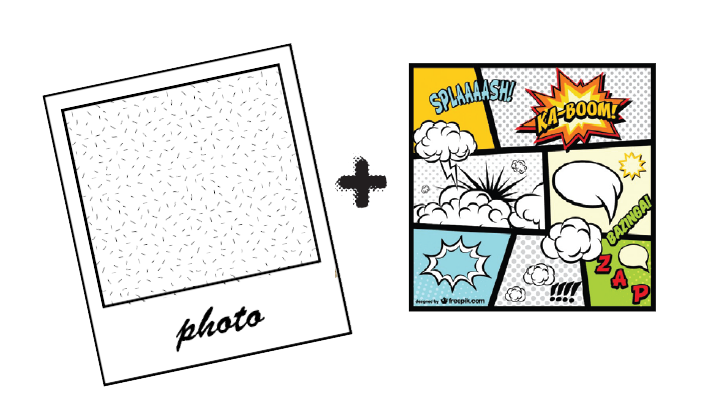
DESCRIPTION OF THE ACTION
Through playing with cameras, children will learn about the basic principles of photography, the different frames and the viewpoints. Then they will study the basic narrative principles, and they will see how a scenario can be produced by a little story that they will tell through images. They will learn and experience the role of the director, the photographer and the actor, while in the end they will add audio to their photo-history by learning sound recording and digital audio processing techniques.

